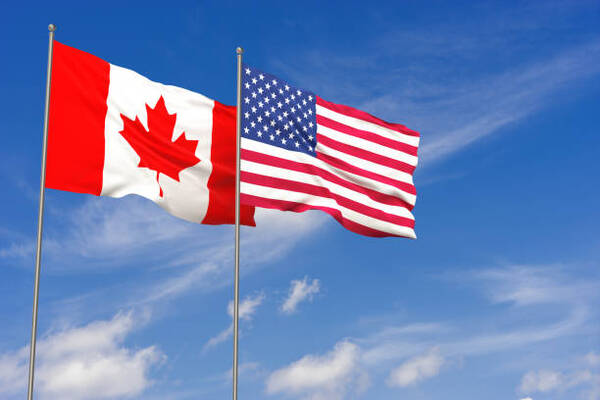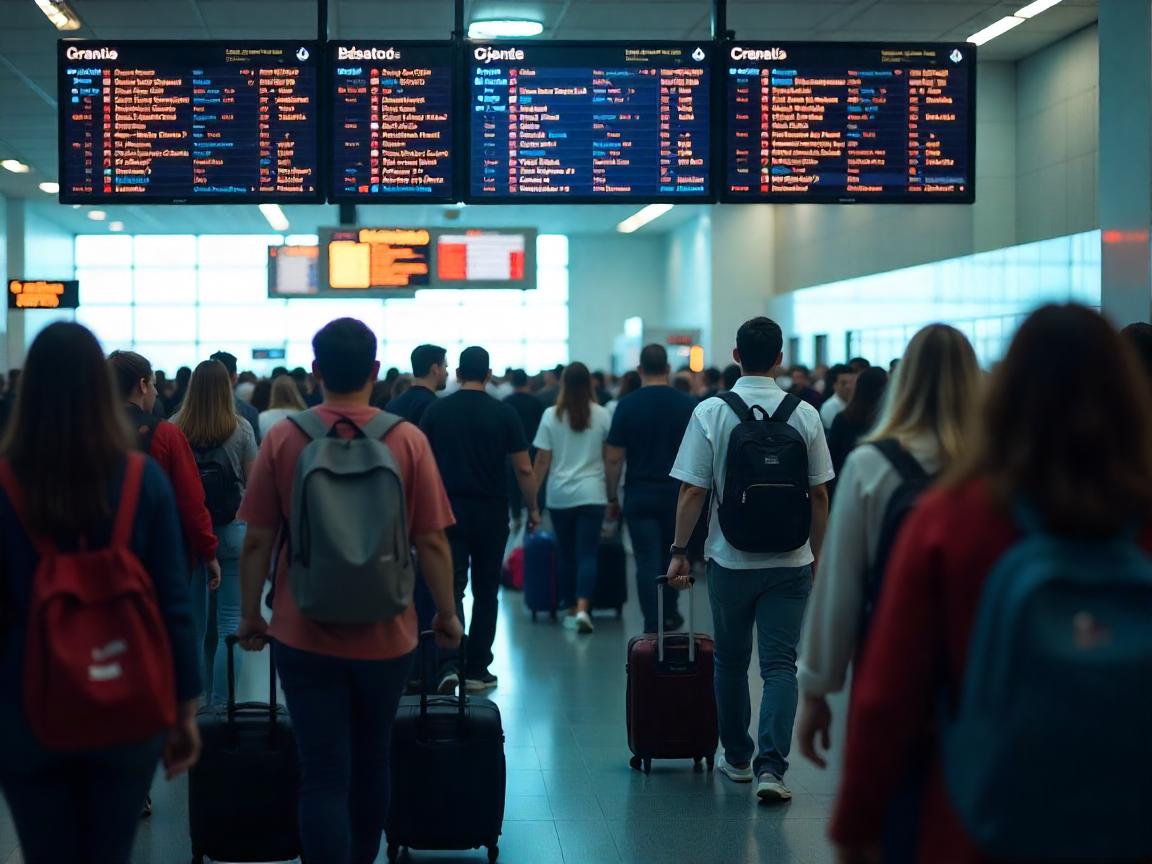≡-Canada Calls For Urgent Diplomatic Talks As US Strike On Iran Raises Fears Of Widening Middle East Conflict – Viral of Today
<> Viral of Today <>
Home » Canada Travel News » Canada Calls For Urgent Diplomatic Talks As US Strike On Iran Raises Fears Of Widening Middle East Conflict Monday, June 23, 2025A major escalation in the Middle East has triggered urgent international calls for diplomacy after US B-2 bombers launched a precision strike on Iranian territory. The attack, which occurred overnight, has intensified fears of a large-scale regional conflict, drawing swift reactions from world capitals and setting the stage for a series of critical high-level meetings among global leaders.During the G7 summit in Kananaskis, Alberta, US President Donald Trump departed unexpectedly a day ahead of the event’s conclusion, amid escalating hostilities between Iran and Israel. Just hours later, he took to Truth Social to issue a stark warning, urging civilians in Tehran to evacuate immediately. The message sparked speculation about further military action and sent tremors through financial markets, while diplomats and analysts raised alarms over a potential spiral toward full-blown war.In a follow-up statement, Trump urged Iran’s leadership to choose diplomacy over confrontation. He warned that failure to de-escalate would result in consequences “far greater” than the already devastating events of the past week. The region had already been on edge following a massive retaliatory missile barrage launched by Iran over the weekend in response to Israeli strikes, marking one of the most intense cross-border exchanges in years.While Trump presented the US military action as a decisive show of strength from the White House, insiders described a far more cautious environment behind closed doors in Washington. Defense officials and senior aides reportedly expressed concern about possible Iranian retaliation, particularly given the widespread presence of US personnel in the region. With over 40,000 American troops and Department of Defense civilians stationed throughout the Middle East, military bases, naval forces, and intelligence hubs have been placed on high alert.As tensions continue to rise, Canada has moved quickly to protect its citizens in the region. Officials have advised travelers and residents in Middle Eastern countries to enroll in the Global Affairs Canada registration system. This step ensures access to up-to-date security information, emergency communications, and evacuation support should the situation deteriorate further.All eyes are now on The Hague, where the upcoming NATO leaders’ summit is expected to be dominated by discussions surrounding Trump’s endorsement of Israeli strikes on Iranian nuclear sites. The issue has exposed divisions within the alliance, with some member states deeply concerned that the conflict could engulf the broader region and force NATO into a more direct role. The situation poses a serious test for NATO’s unity, strategy, and capacity for collective decision-making in the face of global security threats.Beyond addressing the Middle East crisis, the summit is also set to consider a major revision to the alliance’s defense policy. Leaders will debate a proposal to raise the defense spending requirement from the current 2 percent of GDP to an ambitious 5 percent. Advocates argue that the increase is essential to meet the challenges of a rapidly changing geopolitical landscape, while critics question the financial burden and political feasibility of such a sharp rise in military expenditures.Canada recently announced that it will finally meet the 2 percent defense target during the current fiscal year, a goal it first committed to more than a decade ago. The announcement signals a renewed commitment to NATO’s strategic objectives and a recognition of the need for greater readiness in uncertain times.A key decision facing the alliance will be setting a deadline for the proposed 5 percent goal. Member states remain split between adopting a 2032 or 2035 timeline, and consensus among all 32 leaders will be required before any resolution can move forward. This debate underscores the complexity of aligning national priorities with shared security goals in a fast-evolving global environment.As world leaders convene in The Hague, the convergence of military escalation in the Middle East and sweeping shifts in NATO’s defense posture could shape the trajectory of international relations for years to come. Whether diplomacy can prevail over the growing risk of open war remains the defining question as events continue to unfold.
This information will surprise you!
See also
- Read until the end to discover everything.
- Important information you need to know.
- Interesting facts and helpful tips.
Conclusion
Did you enjoy the news? Keep following us daily!













